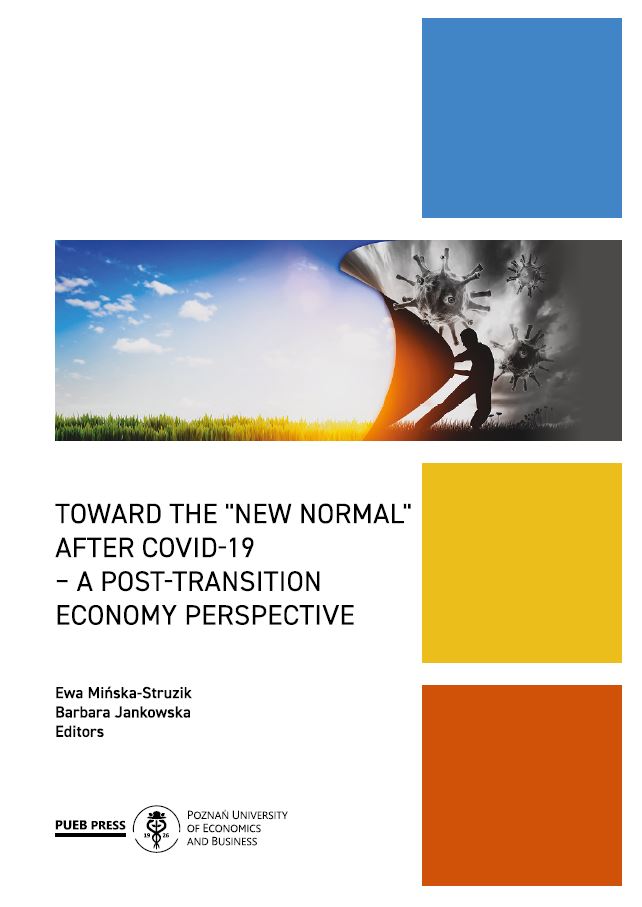Effects of the Covid-19 pandemic on sport, video game, and tourism industry. Sentiment analysis of press, internet articles, and Twitter data
Effects of the Covid-19 pandemic on sport, video game, and tourism industry. Sentiment analysis of press, internet articles, and Twitter data
Author(s): Łukasz Bryl, Justyna Majewska, Szymon Truskolaski
Subject(s): Social Sciences, Economy, Business Economy / Management, Micro-Economics, Sports Studies, Tourism
Published by: Wydawnictwo Uniwersytetu Ekonomicznego w Poznaniu
Keywords: COVID-19 pandemic;sport;video games;tourism industry;sentiment analysis;media;
Summary/Abstract: Purpose: The chapter examines the extent and level of the pandemic impact on sport, video game, and tourism industry by analyzing the emotional narration of articles related to Covid-19 effects on these industries so as to assess and predict the situation of industries during the pandemic and in the following years, but also to explain sources of positive sentiment for a given industry. Design/methodology/approach: The study provides a sentiment analysis of the global disclosure of the Covid-19 pandemic in the press, online articles, and social media (Twitter) with the use of three independent R packages. The final sample consisted of 142 articles; the oldest was published on January 23, 2020, whereas the newest one on October 14, 2020. Findings: Sentiment analysis revealed that the emotional tinge of the articles is much more positive for video games and soccer than in the case of tourism. In the case of video games and soccer, positive emotions such as “trust” or “anticipation” prevailed over much more common emotions of “fear” and “sadness” used about tourism. The impact of the pandemic was similar for video games and soccer, which was a mixture of negative and positive events. Research limitations/implications: Further research should use other resources such as the mass media or other data sources in addition to social media information and include a long-term analysis divided into stages of the pandemic as reactions and moods have been changing over time. Moreover, the factors influencing the perception of situations in different sectors of the economy should be identified in future research. Practical implications: The use of sentiment analysis shows that such quantification may be performed for new social phenomena before any hard (e.g., financial) data are available. Social implications: An approximation was obtained for quantifying the societal “general feeling” with regards to specific sectors affected by the pandemic. Originality and value: The chapter compares the response to the pandemic crisis of different sectors that reveal the sentiment contributing to the growth or difficulties of a given industry. The use of sentiment analysis enabled us to assess and predict the situation of industries during the pandemic before the hard and comprehensive data will occur.
Book: Toward the „new normal” after COVID-19 – a post-transition economy perspective
- Page Range: 137-151
- Page Count: 15
- Publication Year: 2021
- Language: English
- Content File-PDF

